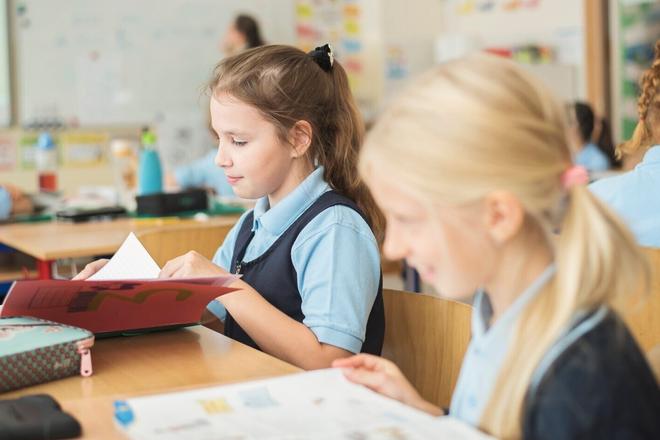Every child learns differently, and at the British International School Bratislava, we always keep this at the forefront of our minds. No one wants to raise a robot, but every educational exam system, (the Maturita, the IB Diploma, ‘A’ Levels, SATs, the Suneung, etc) judges your child by comparing them to their peers. Every child has their own skills and abilities, and we love them for this, but where does a difference stop being a quirk and become a problem? The harsh reality is that if students are all being judged to one standard it can make life very difficult for some of our young people. It can place them at a lifelong disadvantage unless they find ways around their difficulties. This is where teachers, experienced and skilled at helping children who learn differently, can have an enormous impact.
Learning difficulties (sometimes referred to as Special Educational Needs or SEN) are a widely varying group of conditions. Children can have difficulties with comprehension and processing of information; they can have emotional and behavioural difficulties and struggle to behave in ways considered normal in the classroom, at home or in life generally; they might have speech, language and communication issues and find it difficult to understand or express language; they can have a physical difficulty or a sensory impairment. Most children with SEN are likely to need extra help and a different approach to teaching and learning than their peers.
Support for every learner
Learning Difficulties are thought to be an issue for approximately 15% of the world’s population. Most of these difficulties are lifelong conditions and cannot be “cured” which means that students need to learn strategies to cope with their differences. Recently there have been enormous advances in the ways that we can support those with SEN and, perhaps more importantly, in the will of educators to recognise individual needs and support these learners. We have assistive technology that allows those who cannot speak to have a voice, and switch-operated devices that enable those who have severe physical restrictions to operate everyday equipment independently.
We now have a huge range of incredibly high-quality learning platforms that give students the opportunity to learn and relearn skills and knowledge, no matter where they are. This has been particularly valuable in this age of home schooling. Laptops and tablets can be used to support people with Dyslexia and Dyscalculia, enabling them to produce accurate work. This includes the free support that comes as part of Microsoft Office, enabling those who find writing difficult to speak into the computer and produce every item of written work that they need to. Children can even sit exams this way! There are pens that can read to you and audio books that a learner can listen to. For those who struggle to concentrate, noise cancelling headphones that block out sound can be a real gift, as can gadgets that can be fiddled with to allow a learner to sit more quietly and calmly in a lesson. There is so much that can be done to support learners with additional needs - and none of this has to be a daunting prospect for either the learner or the teacher.
At the British International School of Bratislava, we believe that all children are entitled to equal access to education and that, where possible, this should be in the mainstream with appropriate adaptations. All children benefit from being educated in an inclusive and diverse environment, appreciating that we all learn differently and that all are equally valued. With the right approach, every learner can be supported to reach their highest potential.
Pauline Mably is the Whole School Learning Support Coordinator at the British International School Bratislava.
Author: Pauline Mably

 (source: British International School Bratislava)
(source: British International School Bratislava)